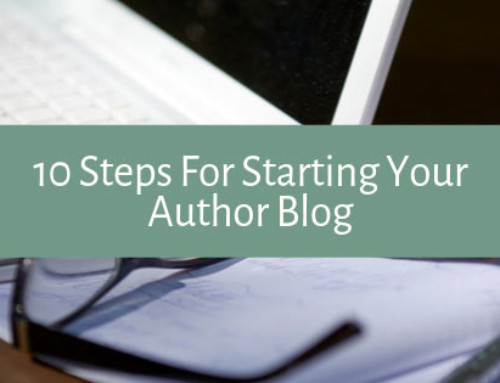If you’re an aspiring author, it’s important to understand that marketing your book is just as crucial as writing and publishing it. You’ll need to ensure that your book reaches the right audience and generates sales. And with the right marketing strategies, you can increase the visibility of your book and establish your author brand. Let’s explore some valuable tips for successfully marketing your first book.
Create Your Author Brand
To successfully market your first book, you need to create your author brand. Your author brand is your unique identity that sets you apart from other authors. You’ll need to create a brand that resonates with your audience and reflects your book’s genre. Plus, your author brand should be consistent across all your marketing channels, including your website, social media, and book cover.
Set Up Your Website
A website is your online platform where readers can learn more about you and your book(s). It’s essential to have a professional website that reflects your brand. Your website should include information about your book(s), your author bio, and contact information. You can also include a blog on your website, where you can share updates about your work and interact with readers.
Reach Out to Book Reviewers
Book reviewers can help you get your book in front of a wider audience. You can ask book bloggers, bookstagrammers, and booktubers to request a review of your book. You can also submit your book to review websites like Kirkus Reviews and Publishers Weekly. Getting positive reviews can help boost your book’s visibility and credibility.
Plan Your Strategy to Get Early Book Reviews
Early book reviews significantly help with book sales. You can offer advanced copies of your book to your audience and ask them to leave a review on Amazon and/or Goodreads. You can also reach out to your friends and family and ask them to leave reviews for your book. Make sure you have a plan in place to get early reviews before your book’s launch.
Utilize Your Pre-Order Period
Your book’s pre-order period is an excellent opportunity to build excitement around your new release. Offer incentives to readers who pre-order your book, such as signed copies or exclusive content. You can also create a countdown to your book’s release and share updates about your book’s progress.
Arrange Book Signings, Readings, and Other Author Events
Scheduling book signings, readings, and other author events is a great way to connect with your readers and promote your book. You can reach out to local bookstores, libraries, and literary festivals to set up events. Also consider hosting a virtual event, where you can connect with readers from around the world.
Make sure you promote your events on your website and social media channels to attract a larger audience. Remember to bring copies of your book to your events, and don’t forget to engage with your readers and sign their copies. Hosting events can help you build a loyal following and increase your book’s visibility.
Host Giveaways
Hosting giveaways is a great way to generate buzz around your book. You can offer free copies of your book to your audience and ask them to share your giveaway on social media. This can help you reach a wider audience of readers.
Seek Out Interview Opportunities
Interviews are a great way to promote your book and connect with your readers. You can reach out to podcasts, blogs, and magazines similar to your book’s genre to request an interview. You can also participate in book festivals and conferences to showcase your book and interact with your audience.
TL;DR
Successfully marketing your first book can be challenging, but with the right strategies, you can increase your book’s visibility and generate sales. Tips include creating your author brand, setting up your website, reaching out to book reviewers, planning your strategy to get early book reviews, utilizing your pre-order period, hosting a book giveaway, and seeking out interview opportunities. Consistently maintain your author brand across all marketing channels and engage with your audience to build a loyal following.
Discover more from Mill City Press
Subscribe to get the latest posts sent to your email.














Leave A Comment